Published
5 years agoon
By
Adubianews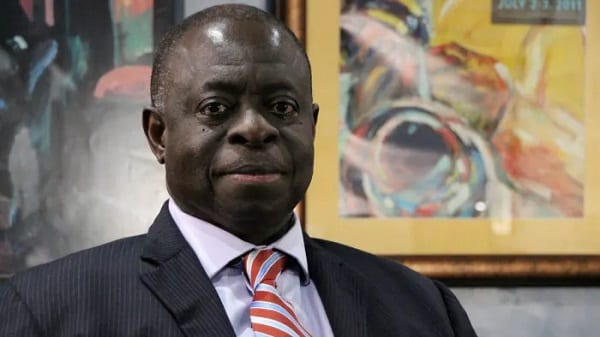
The first time you read about a life well lived is often in the obituary pages. Here is the story of an exceptional person still very much alive.
Emmanuel Gyimah-Boadi, who retired this month as head of Afrobarometer, made the voices of ordinary Africans heard. Before 1999, when he helped found Afrobarometer, which conducts polling in 36 African nations, no one had bothered much to ask what people thought about issues from democracy to indoor plumbing. “Very little was known about what ordinary Africans felt about any part of their lives,” he says.
He was nervous that people with a pressing need to earn a living might resent spending 90 minutes answering questions. “Contrary to our fears, people loved being interviewed and it became problematic for the interviewer to extricate themselves,” he says. “They had a lot on their minds.”
Gyimah, as he is known, believes in what he calls “research as a tool for advocacy”. By introducing people’s views into the public sphere, he argues, they become a force for accountability.
He was born in 1953, the seventh of 13 children, in the “tiny village” of Abriem, shortly before Ghana gained independence. His village had a post office but no running water. As an infant he contracted polio, which impaired his mobility but never his ambition. As a child, he couldn’t use the ubiquitous squat toilets and the nearest middle school was a seven-mile walk. His parents moved so he could attend.
“I had polio from the age of one-and-a-half so that’s the only form of mobility I know,” he says. “And when you’re a kid, everything is surmountable.”
He studied political science at the University of Ghana and became a jazz fan, hanging out with his elder brother in Accra. He completed a PhD at the University of California, Davis, and met his American wife. He was determined to return to Ghana, though by then it was under military rule and an economic shambles. He taught for a meagre salary at his old university.
He followed his diplomat wife on postings to Nigeria, Swaziland and Washington, where he taught university and became familiar with the think-tank world. Back in Accra, he established the Ghana Centre for Democratic Development with a $20,000 loan from his wife and the use of the couple’s spare chairs and cutlery.
The CDD helped establish Ghana’s first chapter of Transparency International and produced research on the challenges of transitioning back to civilian rule. The Danish International Development Agency, which provided early funding, paid for the transparent ballot boxes that have become a feature of Ghanaian elections, among the freest in Africa. The CDD introduced the concept of parallel vote tabulations, a method of keeping tabs on the official electoral tally — and incumbents honest.
Shortly after, he co-founded Afrobarometer, which started with a 12-country survey of attitudes to democracy. The findings challenged the prevalent idea that “Africans did not care about democracy and human rights because of their primary needs for food, shelter and clothing,” he says. Far from it, “the aspiration for democratic governance” was very strong and ordinary Africans held firm views on issues such as parliamentary oversight and term limits.
Sometimes their opinions were heard: last year, Malawi’s constitutional court overruled the result of a questionable presidential election. Often they were not. Leaders have become adept at gaming democratic systems and tweaking constitutions to hang on to power, practising what Gyimah calls “you can have your say, but you can’t have your way”.
At 67, he is retiring. Though he is too reticent to say so, it is doubtless an example he wishes more African leaders would follow.


NPP Communicator Blames Mahama in Interview Over Viral Video Controversy
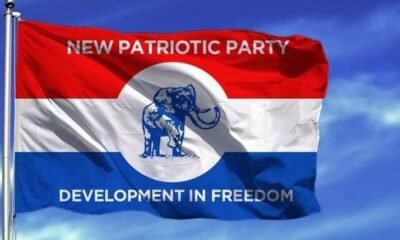

NPP Unveils Nationwide Reorganisation Timetable Ahead of 2026 Internal Elections
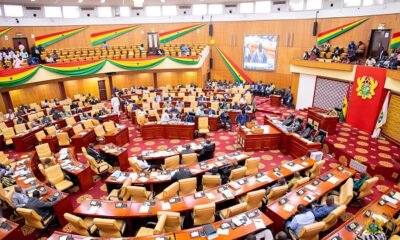

MPs Demand Tougher Action as Human Trafficking Cases Rise in Ghana
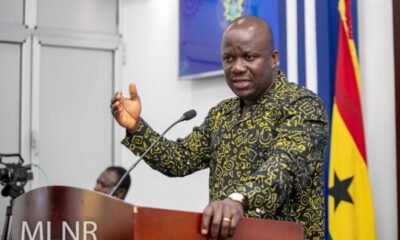

Abu Jinapor Demands Urgent Reforms to Address Ghana’s Cocoa Sector Challenges
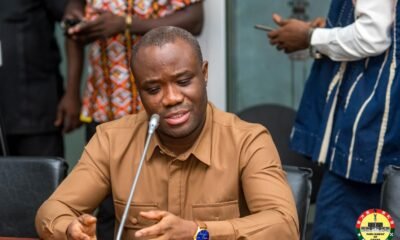

Felix Kwakye Ofosu Defends Mahama Over Cocoa Pricing Remarks, Slams NPP Criticism
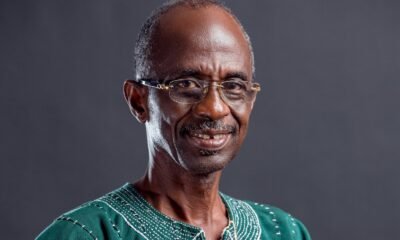

Asiedu Nketia Uses NDC Thank You Tour to Collect Feedback on Government
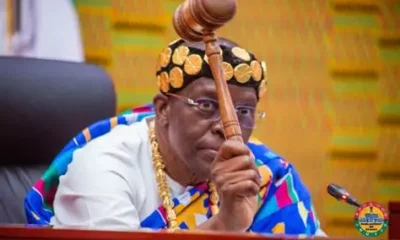

Speaker Urges Executive to Grant Parliament Permanent Land
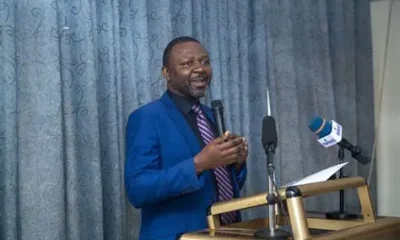

Finance Expert Warns Cocoa Reforms Could Worsen COCOBOD Debt
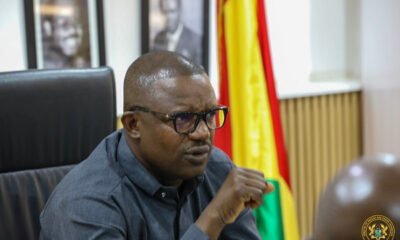

Jinapor Swears In New VRA Resettlement Trust Fund Board

























